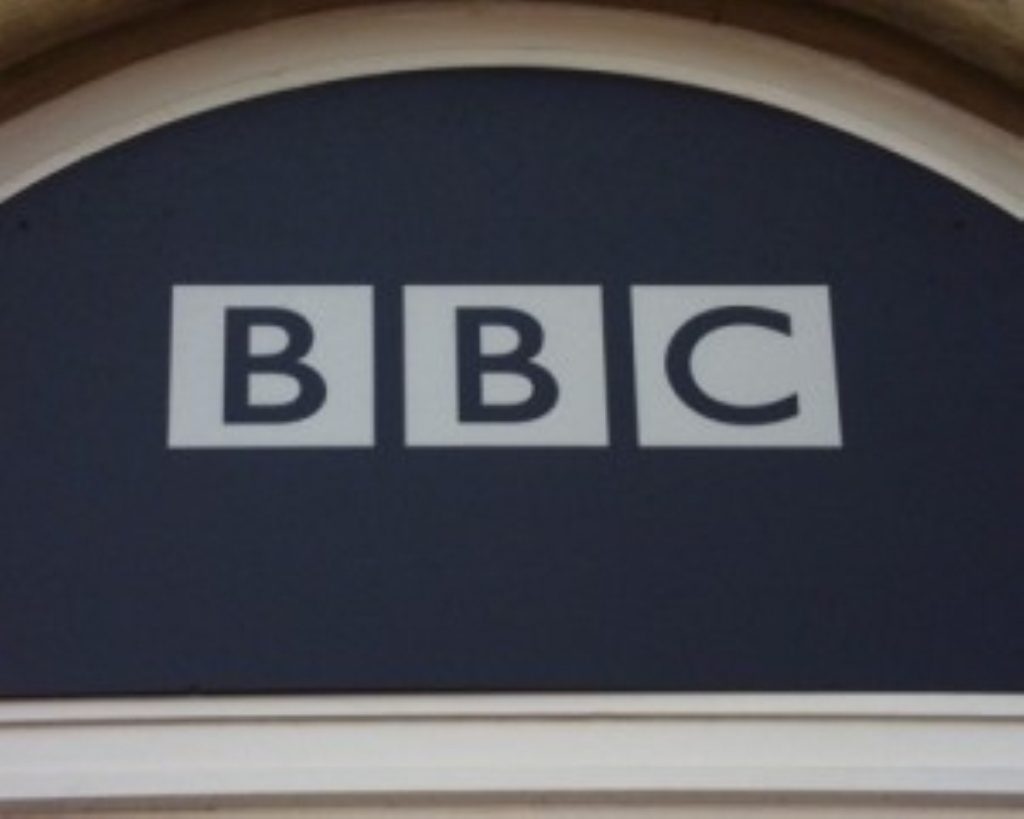BBC ‘under too much government control’
The only way the BBC can be truly independent is by changing the way its charter is agreed, peers argue today.
The Lords select committee looking into government’s plans to create a “strong BBC, independent of government” finds that they will do little to protect the corporation from political influence.
It describes proposals to replace the corporation’s board with a trust and executive board – included in the recent green paper – as “ill-conceived”, as they allow the BBC to “remain judge and jury in its own case”.
And it argues that the only way to achieve real independence is for the BBC to be established by statute, rather than Royal Charter, allowing parliament to scrutinise, debate and vote on the terms of the charter.


“The procedure by which the BBC’s charter is agreed is entirely outdated. Crucial decisions affecting the BBC are taken by the government alone,” said committee chairman Lord Fowler.
He added: “The BBC cannot be truly independent of government if government alone has the power to decide its charter.”
The committee calls for the BBC to be governed by a unitary board with a majority of non-executives, and recommends that the chairman be chosen by a truly independent panel made up of a majority of non-political members.
And it says the corporation should be subject to the same scrutiny by Ofcom and the National Audit Office (NAO) as other public service broadcasters.
The committee recommends that the BBC continue to receive funding via the licence fee until 2017, but warns that the request for a fee rise above the rate of inflation should not be granted unless in “exceptional” circumstances.
The BBC claims a 2.3 per cent above inflation increase is necessary to fund the switchover from analogue to digital television provision, but today’s report says the taxpayer should not pay for this change.
“There is no reason why the licence fee payer should bear the cost of digital switchover given that the government will make a substantial amount of money from the sale of the analogue spectrum,” Lord Fowler added.
The Lib Dems welcomed the report’s critique of the government’s proposals but warned that it failed to offer any effective alternative solutions.
Culture spokesman Don Foster rejected suggestions that the BBC needed further regulation by Ofcom, calling instead for a new independent public service regulator, and also denied the corporation should be subject to “constant legislative meddling”.
“However, the committee is absolutely correct to suggest that government, not licence fee payers, should fund the government’s own policy of digital switchover,” he added.

